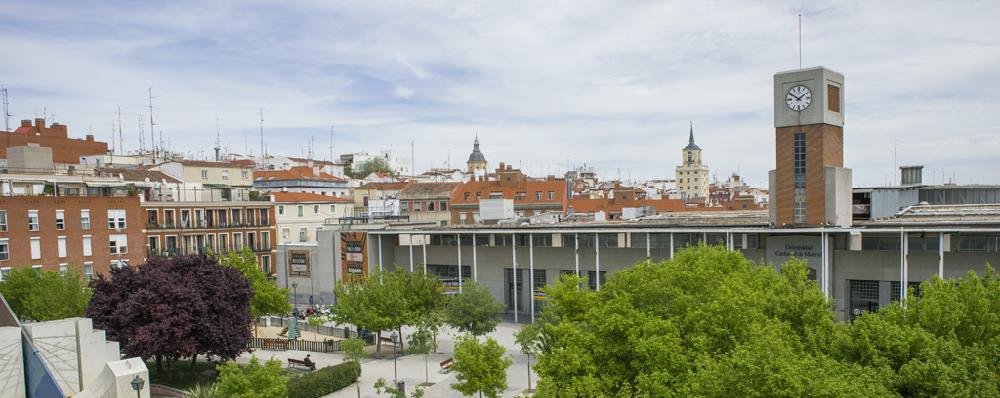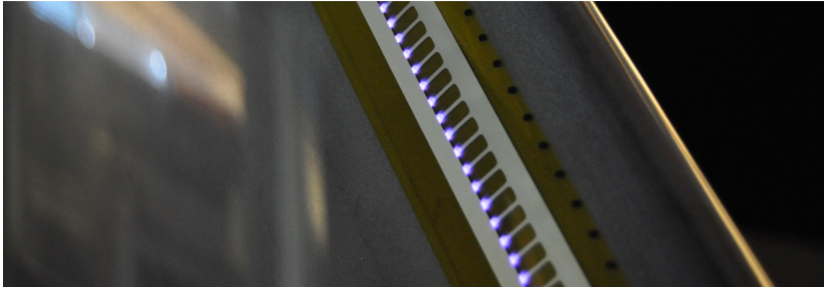Active control of wall-bounded flows is an everlasting topic of research in the fluid dynamics community. Skin friction drag reduction and convective heat transfer control are of paramount importance in an overwhelming amount of applications, involving transportation means, renewable energy exploitation, industrial processes, turbomachinery for power generation and propulsion, etc.
Fast-paced advancement of experimental hardware and computational power have fostered, on one hand, the establishment of efficient techniques for sensing and actuation, and on the other hand, the development of techniques to efficiently distill the information available from sensors and select the most effective control strategy.
This colloquium is expected to create fertile soil for discussion, exchange of ideas and networking between leading European and international scientists in flow control, specifically in the areas of wall-bounded flows. The event will take place in the Campus Madrid - Puerta de Toledo of Universidad Carlos III de Madrid.
The colloquium will offer the opportunity to researchers to present their numerical, experimental and theoretical work on the following suggested topics. Contributions not directly related to these topics, or covering multi-disciplinary domains are warmly welcome:
Identification of open- and closed-loop control laws
- Classical control theory
- Model-based control
- Opposition control for instabilities and turbulent flows
- Control based on Reduced-Order Models
- System identification algorithms
- Machine learning techniques
Sensing strategies
- Data-driven techniques for flow estimation from wall measurements
- Model-based control
- Sensing hardware and applications
- Low-order modelling
- Theoretical developments (stability analysis, resolvent analysis, etc.)
Applications in skin friction and convective heat transfer control
- Actuator concepts for flow control
- Experimental/numerical demonstrations
- Robustness of control strategies to uncertainty and noise
- Real-time control implementations
- Feasibility of scaling to full-scale applications
In addition to the above specific topics, adjacent contributions to the general topic of wall-bounded flow control will also be considered. Passive control techniques are also of interest as a benchmark scenario for the development of active flow control techniques.
We look forward to welcome you in Madrid!
If you have any questions, please feel free to contact the Organizing Committee: euromech631@uc3m.es
Sponsors:




